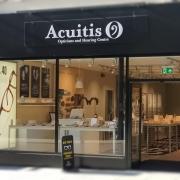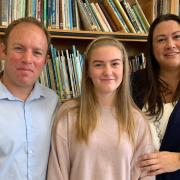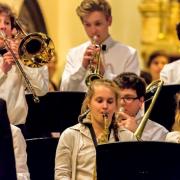‘Exam results are a key element in the choice of school for your child, but take them with a pinch of salt and look very carefully at the detail.’ Says Richard Biggs, Headmaster at Kings College

One of the key factors you will look at when choosing a school for your child is the set of academic results published by that school and possibly appearing in various league tables. Like all statistics these come with a major health warning and it is important that you dig below the surface to get the full picture.
The overall rate of, say A*, A and B grades at A level (a commonly used measure) is a very rough guide to a school’s academic standards. Bear in mind that these figures can be manipulated in ways which are not, I think, in the best academic interests of the child: some schools do not “cash in” the weaker results, some encourage less able students to take less challenging subjects, some even enter less able students as separate candidates so that they do not appear in league tables. Do ask the school what its policies are in this regard. Another boost to results in many schools is that they enter overseas students for A levels in their home languages – which not surprisingly they do rather well in. There is nothing wrong with this tactic, but it does skew results and says little about the quality of the teaching in the school.
Look at what A level subjects the school is offering and the numbers taking those which the Russell Group of universities call the “facilitating” subjects – those considered more rigorously academic and which are more likely to be required for entry into leading institutions. They include maths, sciences, history, geography and modern and classical languages. A school whose history A* to B rate is high looks less impressive if only four students have taken history. Look at the school’s strength in subjects you think your own child may want to study.
Finally, remember that exam results tell only part of the story. A good education is about so much more than training children to take exams. It is about inspiration and developing a love of learning and going well beyond the syllabus. Look for evidence of this philosophy: what academic enrichment is provided? Are there opportunities for independent research (for example an Extended Project), for lectures, seminars, trips away from school? There is plenty of evidence to suggest that students who have been “hothoused” into great A level results at school often struggle in a university environment where they suddenly have to think and plan on their own.
So exam results are a key element in the choice of school for your child, but take them with a pinch of salt and look very carefully at the detail.
This article appeared in the Spring issue of the A+ Education Guide South West. Click here to see the whole magazine.



























